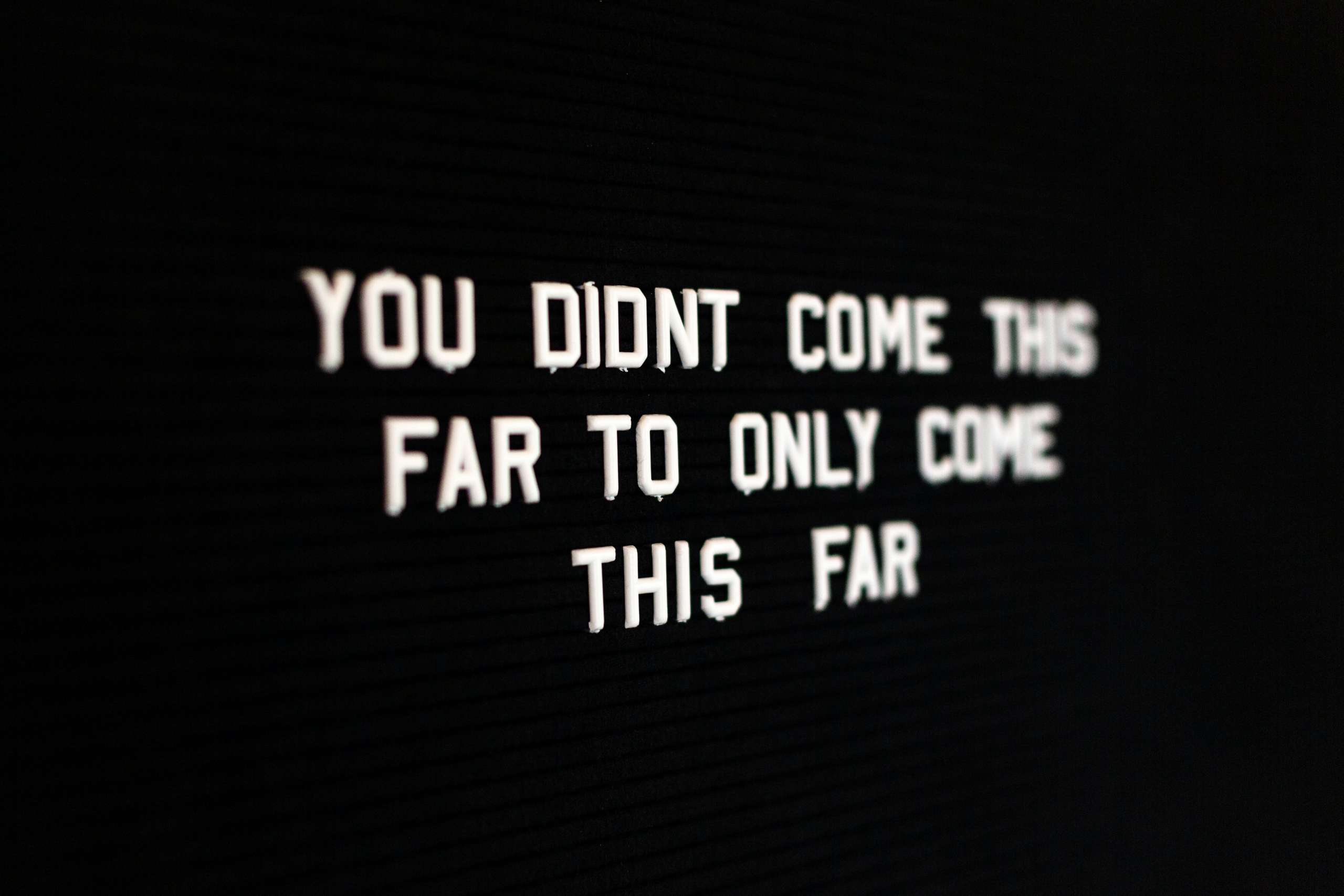Change that leads to growth

The most exciting thing about prioritizing our mental health is that we get to change the ways we think, act, and feel. The most terrifying thing about prioritizing our mental health is that we have to change the ways we think, act, and feel.You’ve probably heard the old saw that insanity means doing the same thing over and over while expecting different results. But it’s true – if we want to change, we have to change.But change what? And how? Every person is different, but there are a few approaches that help most people most of the time.
First, we need to freshen up our perspective. Psychology has a pair of concepts known as the internal locus of control and the external locus of control. People with an internal locus usually believe that whether they succeed or fail depends on how talented they are and how hard they work. Those with an external locus believe it’s mostly up to fate, luck, divine intervention, or whatever the universe or society throws at them. One of the first and foundational ways we can change our thinking is to reconcile these two outlooks. To grow, we must first determine what we can and cannot control. How our boss feels about us? That’s something we can’t control. Whether we show up to the job ready to work hard? That’s something we can affect. The hurtful thing our spouse said? Not something we can control. How we respond? That is on us. Intrusive thoughts? That is out of our hands, but we can decide to seek professional help if they become burdensome.
This shift in thinking is not always easy or pleasant, but it can help us reframe our priorities. Instead of feeling frustrated or helpless about things we can’t change, we can try acknowledging that some things just are the way they are – whether it’s actions we took in the past, global politics, or the way other people behave. Once we realize what is within our control, we have the power to change our actions. We may not be able to control what other people think about us, but we can choose to spend more time with friends and family we enjoy and less time with those who are unpleasant. We can’t control every aspect of our health, but we can decide to prioritize invigorating exercise, restful sleep, and nourishing meals.
It is tempting to make a lot of changes or commit to big upheavals, but that may not always be sustainable long-term. It may be helpful to talk to a therapist to set realistic goals. Each person is different – you may want to focus on rebuilding neglected relationships or professional development or reconnecting with an abandoned passion. A counselor can serve as both a sounding board to talk through your expectations and a useful way to check in on your progress and possibly make more changes down the road.
What about changing the way we feel?
The truth is that a lot of bad feelings will clear themselves up once we change our thoughts and actions. When we can identify the things we can control and take steps to improve in those areas and accept the rest of the world as it is, feeling better is a natural by-product. There are still spiritual and philosophical questions, but it is premature to address them until we have a secure footing. That foundation is built from the personal growth that comes from changes to our thinking and behavior.
In closing I would like to leave everyone with my favorite serenity prayer that I pulled from ACA on Change!
“God, grant me the Serenity to accept the people I cannot change, the Courage to change the one I can and the Wisdom to know that one is me.”
Thank you all for your continued support!
Regards,
Dr. Kimberly S. Benson


